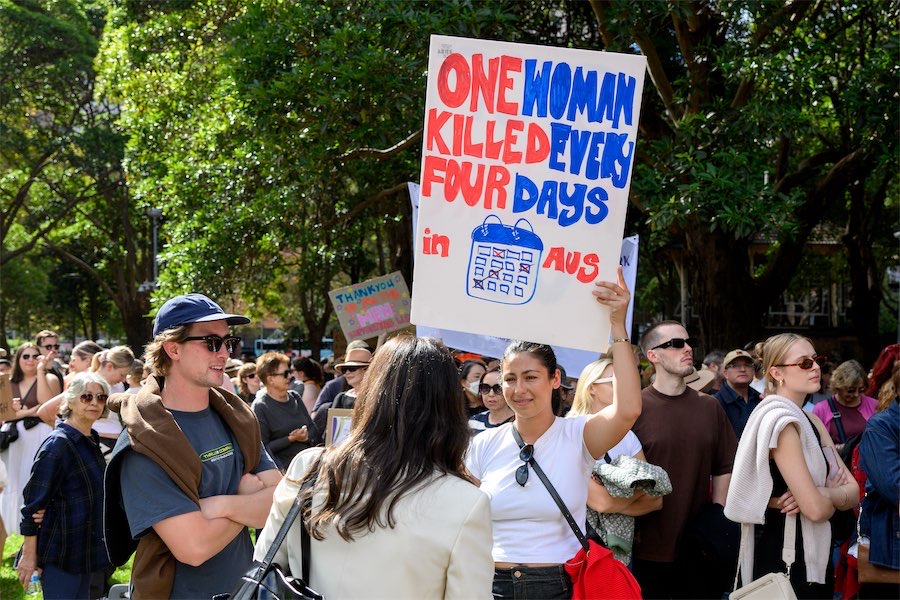
YOUNG Australians suffered the greatest drop in life satisfaction during COVID-19, new analysis from the Australian National University (ANU) shows.
The findings come from the COVID-19 Impact Monitoring Survey, asking more than 3500 Australians how the pandemic has impacted their lives.
According to the survey, Australians aged 18 to 24 years saw a drop of 0.50 points in life satisfaction from 6.8 in January 2020, to an average of 6.3 on a scale of 0 to 10 between April 2020 and April 2022.
Life satisfaction for young adults reached a low of 6 out of 10 in April 2020 and October 2020.
Study co-author Professor Nicholas Biddle said young Australians are still at the highest risk of suffering the worst mental and wellbeing effects of covid.
“Clearly we need to make sure our young people are given the right support and care to help them deal with the ongoing impacts of the pandemic,” said Prof Biddle.
“This includes access to ongoing employment and education opportunities, mental health support, and factoring the impact of any covid policy on youth and young adults into all our policy decisions.
Men and women have experienced similar drops in life satisfaction during the pandemic, while Australians aged 55 and older were less likely to suffer a drop compared to those younger than 55.
“Between April 2020 and April 2022 if anything, life satisfaction was slightly higher for those aged 75 years and over than prior to the pandemic,” said Prof Biddle.
“This might be because the health impacts on older Australians were not as large as in some other countries like the UK, the USA or Continental Europe, or as large as they were first predicted”.
The latest survey results show overall life satisfaction in Australia sat at 6.9 out of 10 in January 2020. The lowest level of life satisfaction during the pandemic was 6.5 in April 2020 and August 2021, with the average ‘lost life satisfaction’ over the period equal to 0.21.
By April 2022, life satisfaction had returned to 6.7, still well below the 6.9 in January 2020.
The survey is the longest running, most comprehensive study of the pandemic’s social, health and economic impacts in Australia.
It also examined Australian’s mental health and psychological distress; loneliness and self-isolation; social cohesion; and economic and financial stress, including hours worked, during the pandemic.
The survey also found:
The proportion of adults who met socially with other people, less often than once a week, was 54.8 per cent in April 2022, much higher than the 41.4 per cent who said they did the same in February 2020.
Fifty-eight per cent of adults are estimate to have worked fewer hours than they did in February 2020, with the average ‘lost hours’ at 1.64 hours per week, or 174 hours over the 106 weeks between April 2020 and April 2022.
There was a significant increase in social cohesion during the early stages of the pandemic with it increasing over the period February 2020 to October 2020. Since then social cohesion has started to decline, but has remained well above pre-covid levels.
Read the full report here.
Who can be trusted?
In a world of spin and confusion, there’s never been a more important time to support independent journalism in Canberra.
If you trust our work online and want to enforce the power of independent voices, I invite you to make a small contribution.
Every dollar of support is invested back into our journalism to help keep citynews.com.au strong and free.
Thank you,
Ian Meikle, editor





Leave a Reply